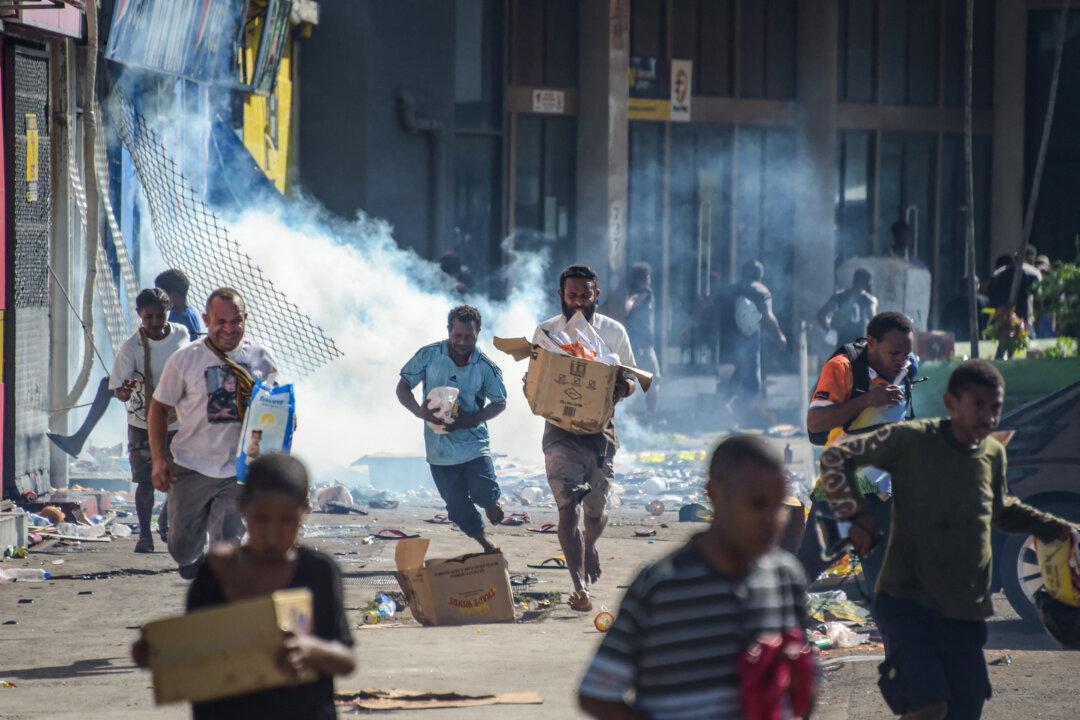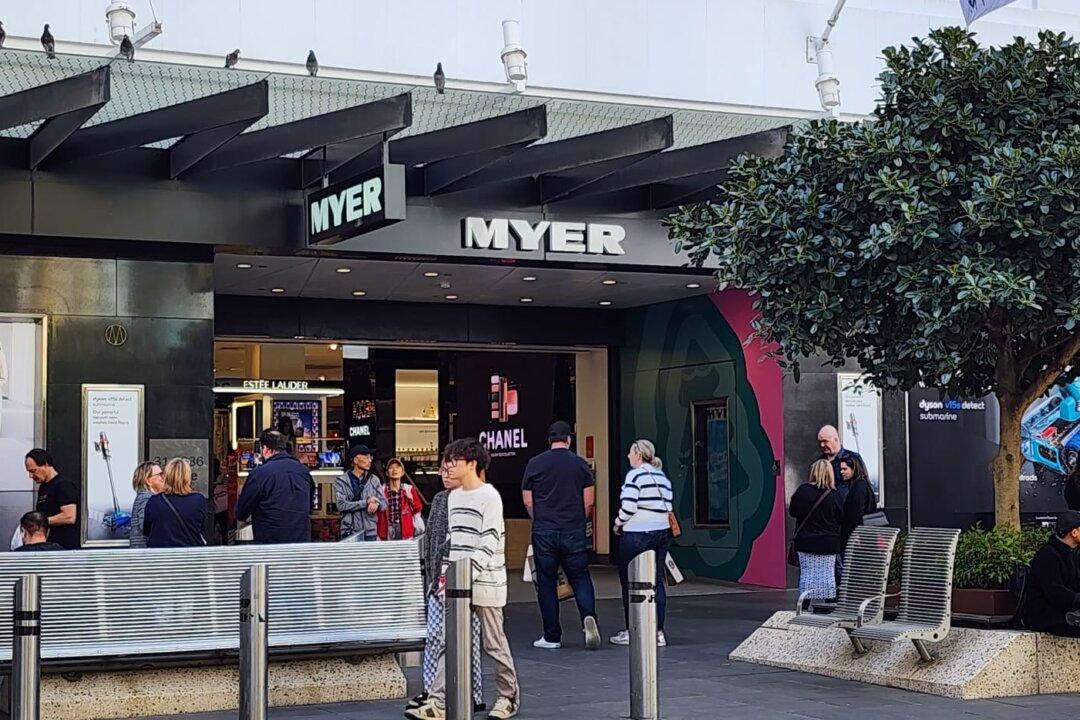A University of Queensland report suggests that there is little evidence to indicate that short-stay providers like Airbnb are responsible for the worsening rental affordability in Queensland.
Commissioned by the Queensland government to investigate the impact of short-stay rental accommodation (STRA) on the rental market, the report also asserts that there is no evidence supporting the necessity of statewide STRA restrictions, as no correlation was found between areas with higher STRA presence and significant rent increases.




